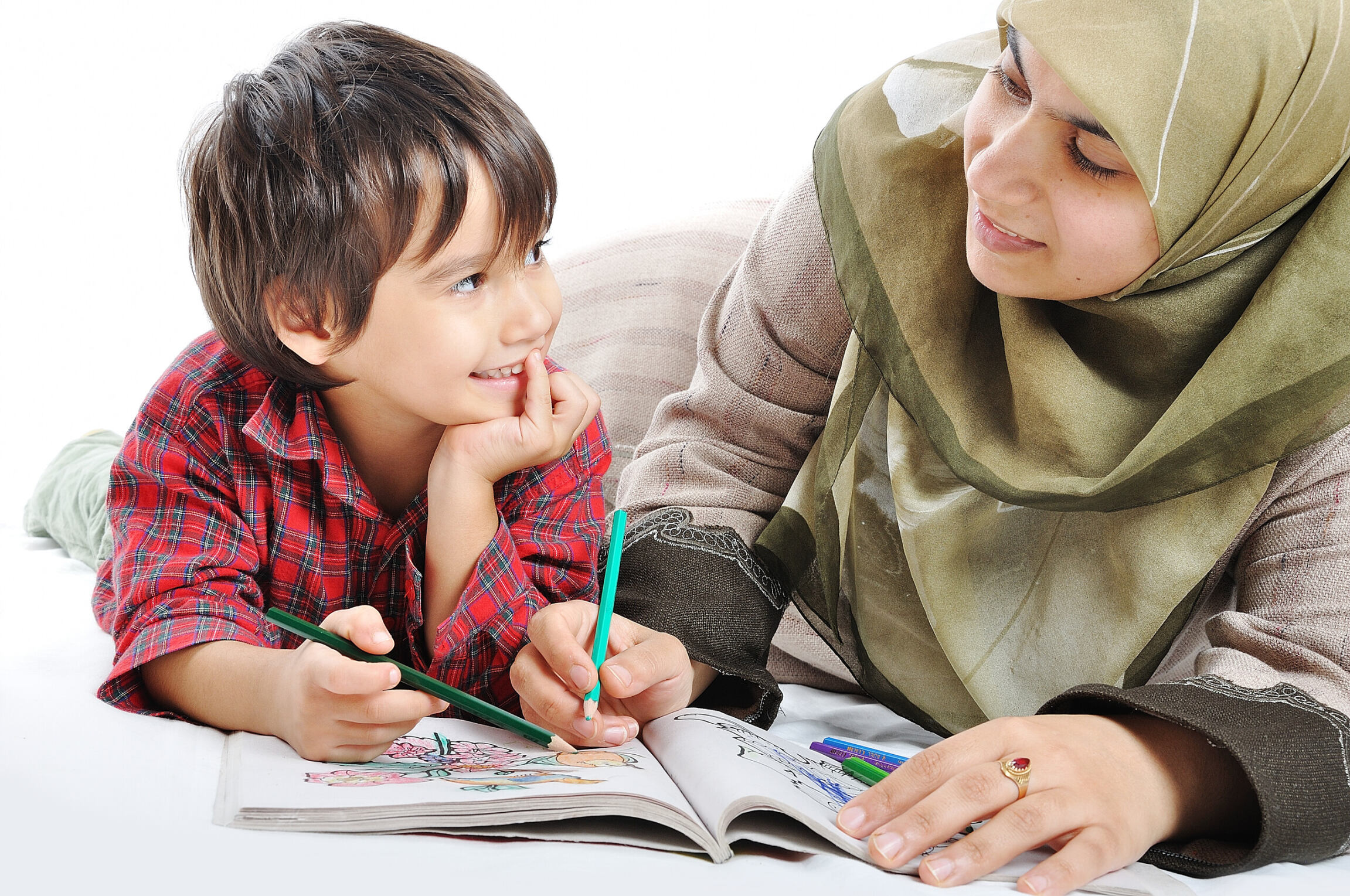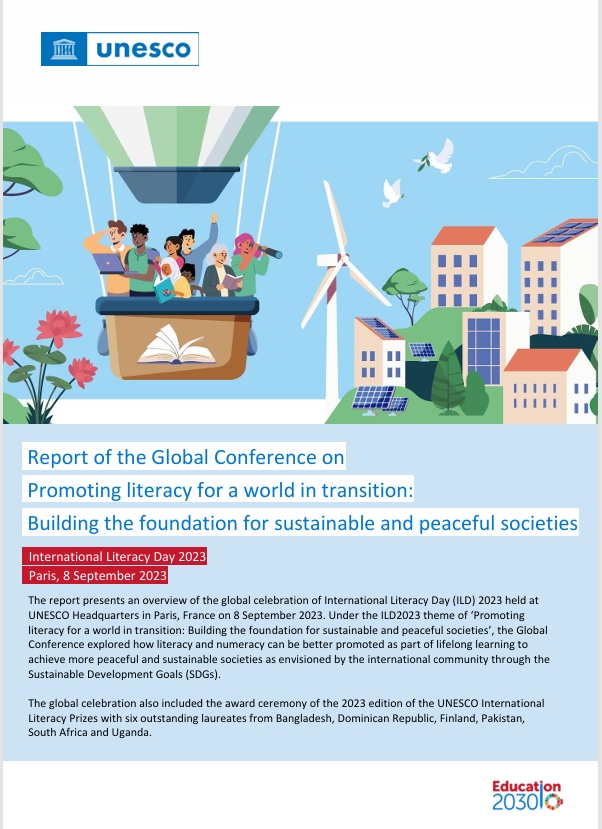Young children whose parents read them five books a day enter kindergarten having heard about 1.4 million more words than kids who were never read to, a new study found.
This “million word gap” could be one key in explaining differences in vocabulary and reading development, said Jessica Logan, lead author of the study and assistant professor of educational studies at The Ohio State University.
Even kids who are read only one book a day will hear about 290,000 more words by age 5 than those who don’t regularly read books with a parent or caregiver.
“Kids who hear more vocabulary words are going to be better prepared to see those words in print when they enter school,” said Logan, a member of Ohio State’s Crane Center for Early Childhood Research and Policy.
“They are likely to pick up reading skills more quickly and easily.”
The study appears online in the Journal of Developmental and Behavioral Pediatrics and will be published in a future print edition.
Logan said the idea for this research came from one of her earlier studies, which found that about one-fourth of children in a national sample were never read to and another fourth were seldom read to (once or twice weekly).
“The fact that we had so many parents who said they never or seldom read to their kids was pretty shocking to us. We wanted to figure out what that might mean for their kids,” Logan said.
The researchers collaborated with the Columbus Metropolitan Library, which identified the 100 most circulated books for both board books (targeting infants and toddlers) and picture books (targeting preschoolers).
Logan and her colleagues randomly selected 30 books from both lists and counted how many words were in each book. They found that board books contained an average of 140 words, while picture books contained an average of 228 words.
With that information, the researchers calculated how many words a child would hear from birth through his or her 5th birthday at different levels of reading. They assumed that kids would be read board books through their 3rd birthday and picture books the next two years, and that every reading session (except for one category) would include one book.
They also assumed that parents who reported never reading to their kids actually read one book to their children every other month.
Based on these calculations, here’s how many words kids would have heard by the time they were 5 years old: Never read to, 4,662 words; 1-2 times per week, 63,570 words; 3-5 times per week, 169,520 words; daily, 296,660 words; and five books a day, 1,483,300 words.
Read the full article on the Science Daily website.






